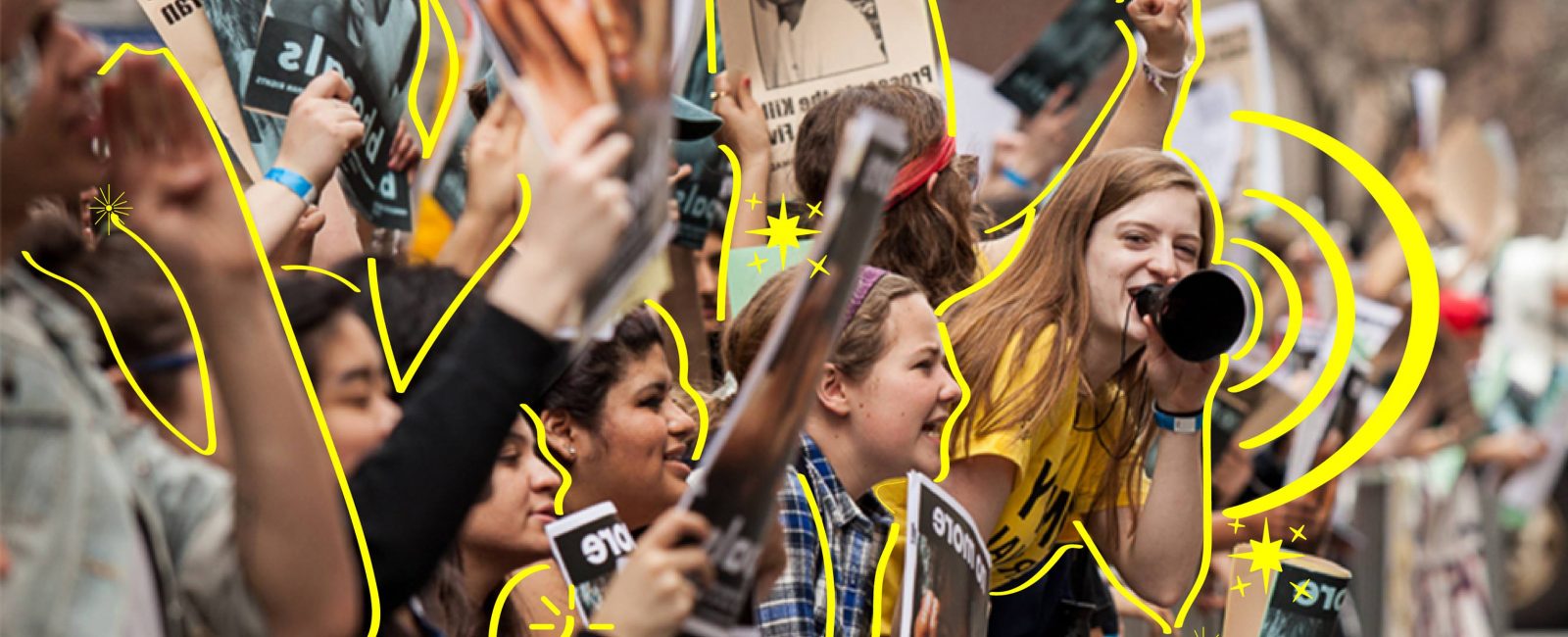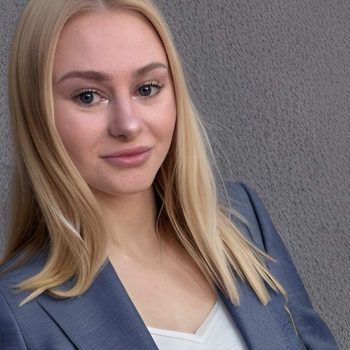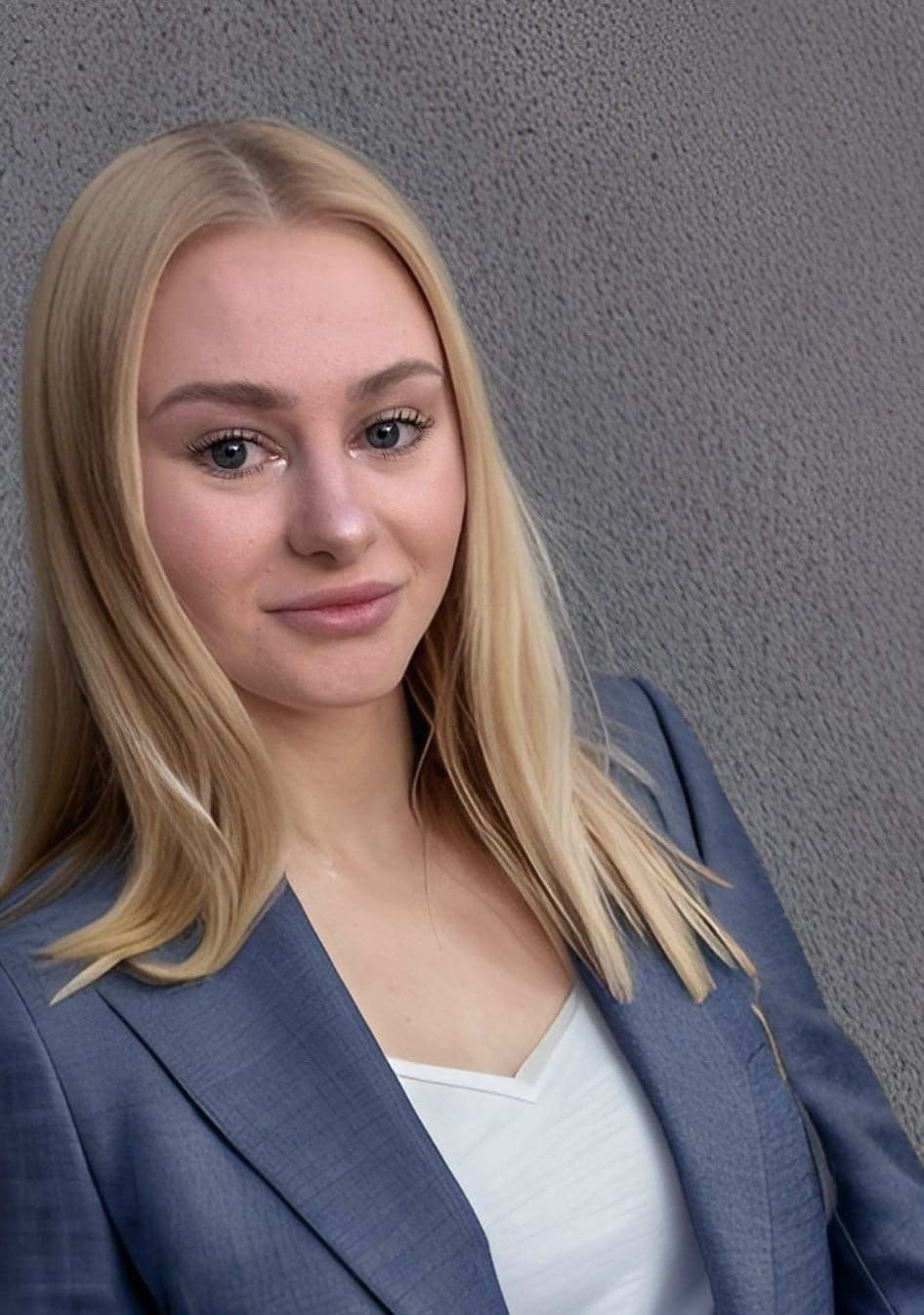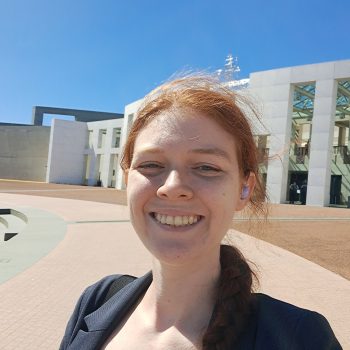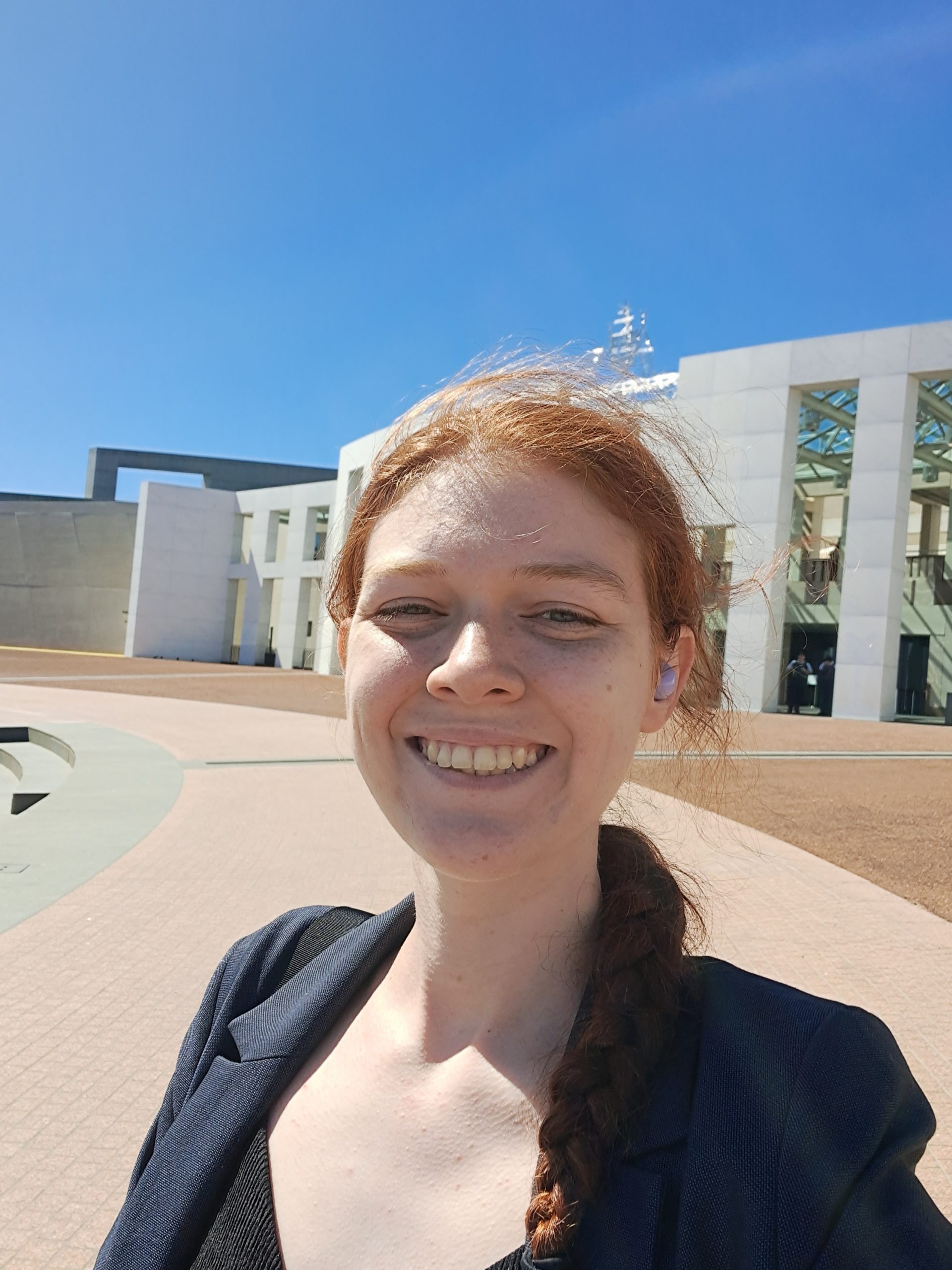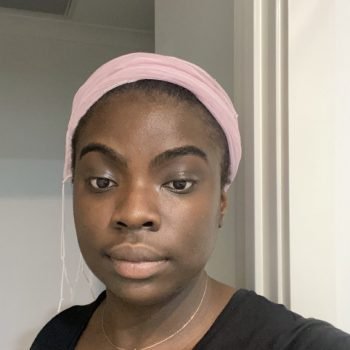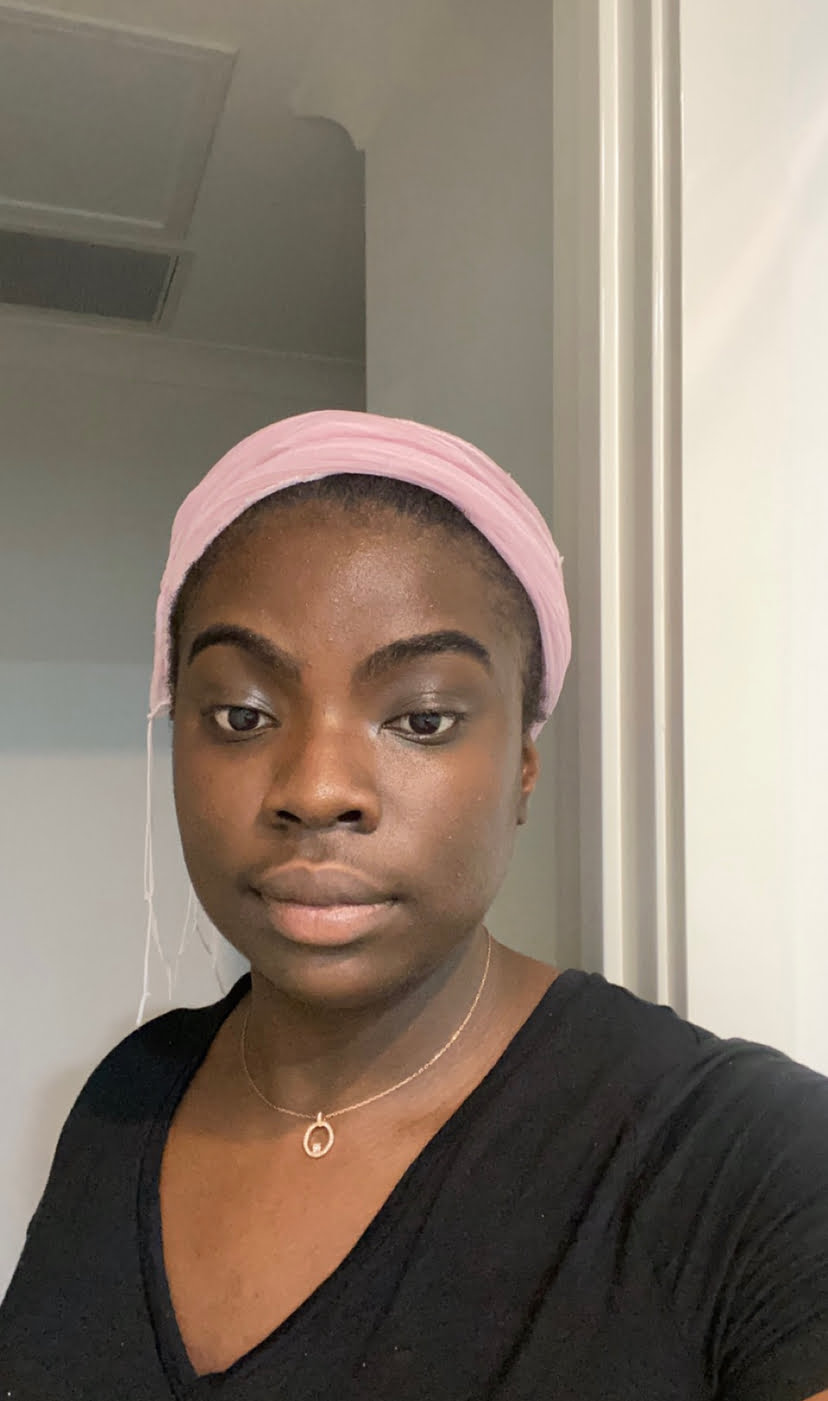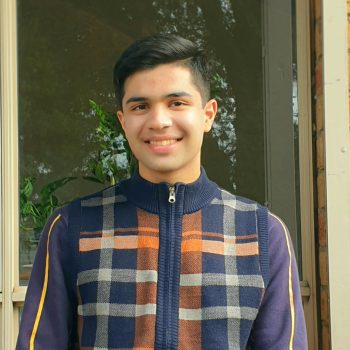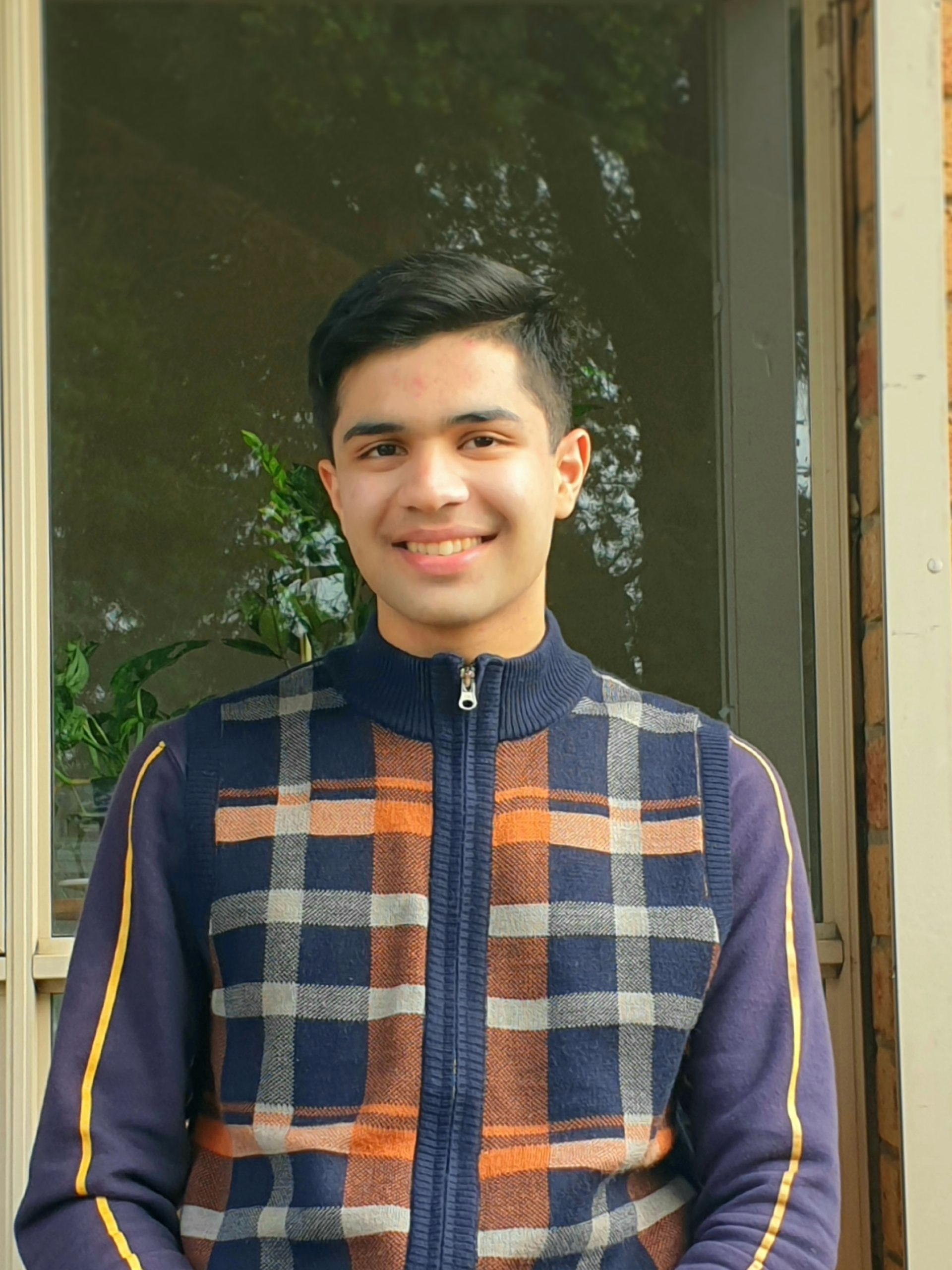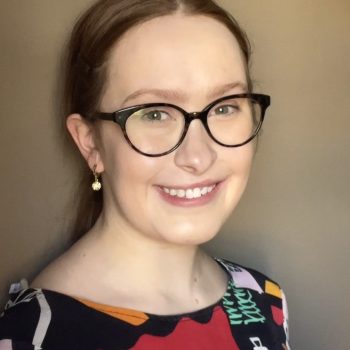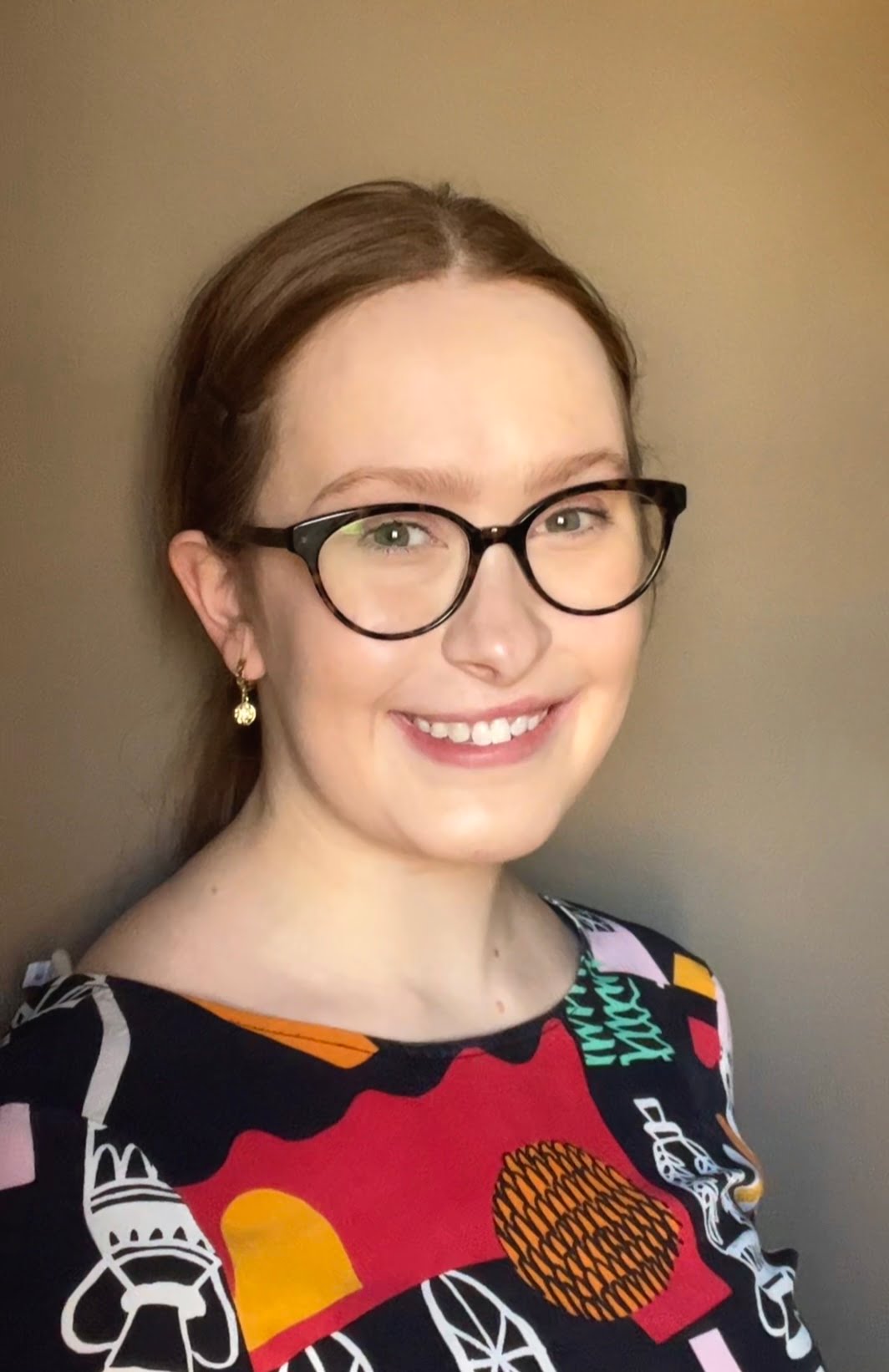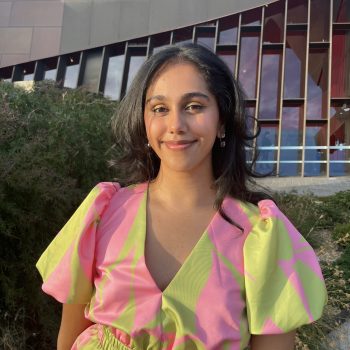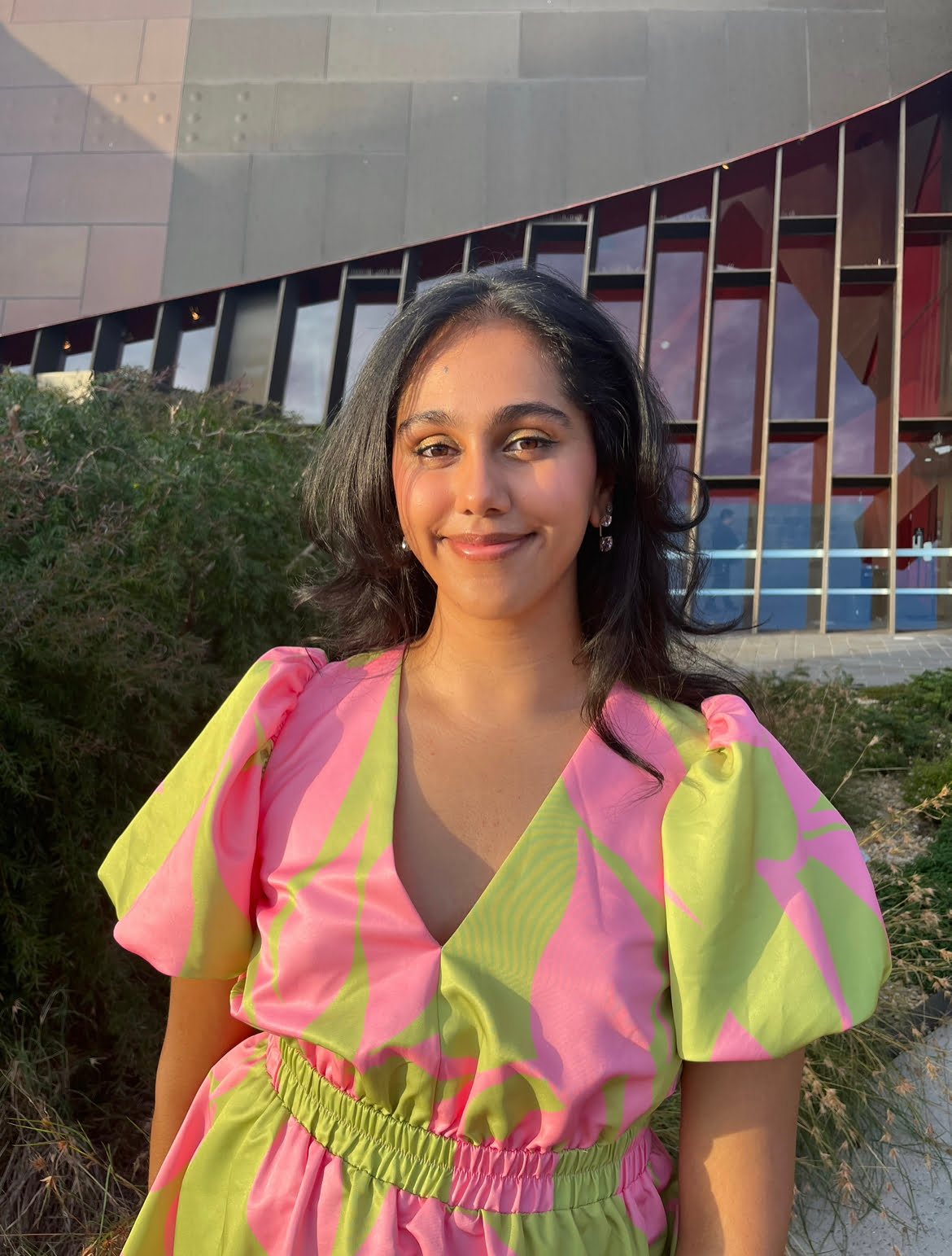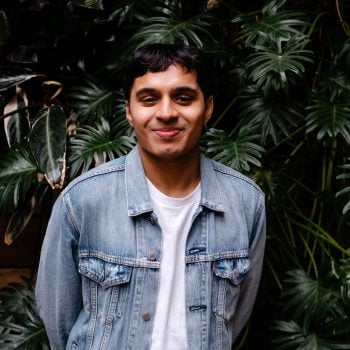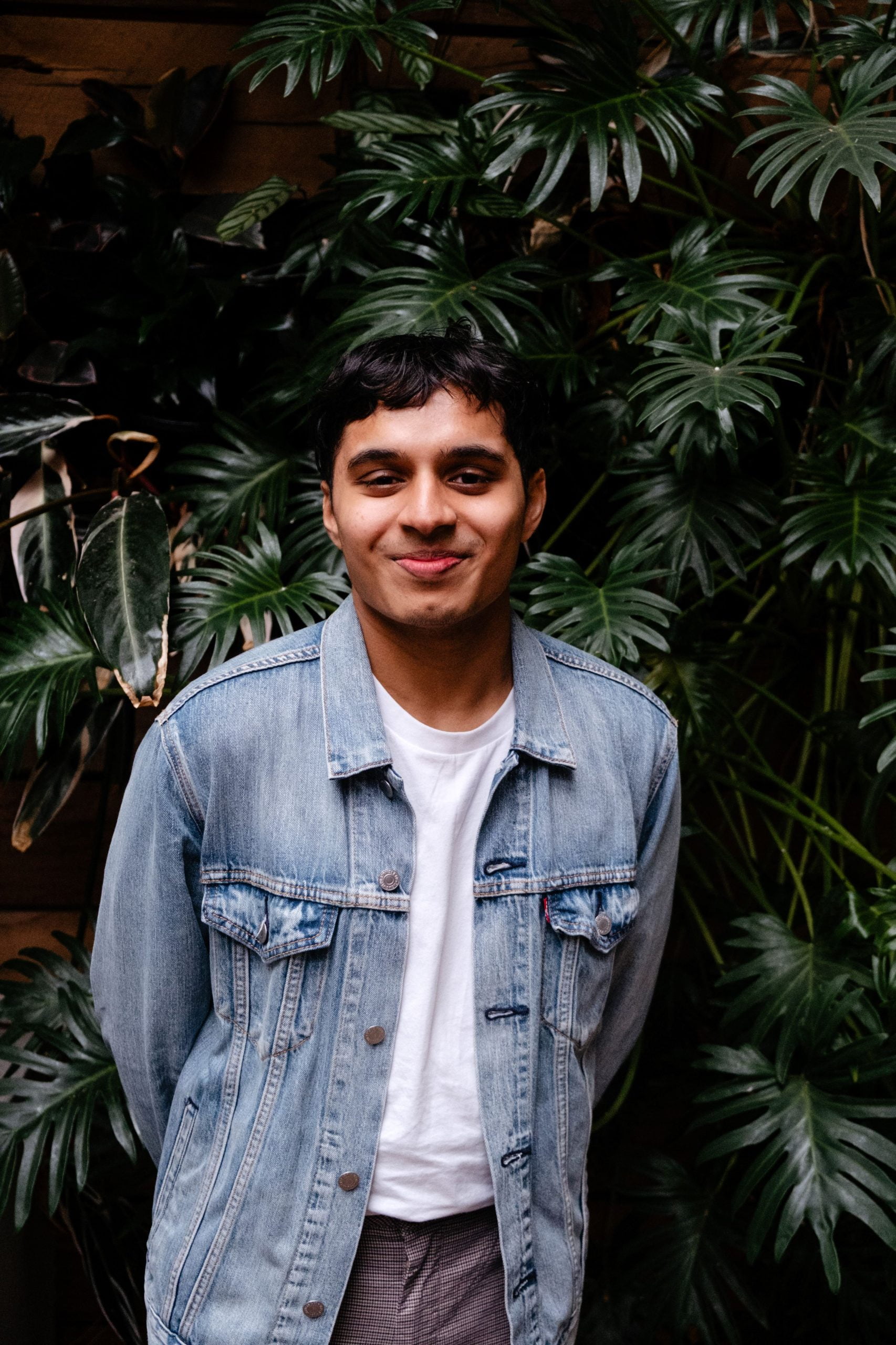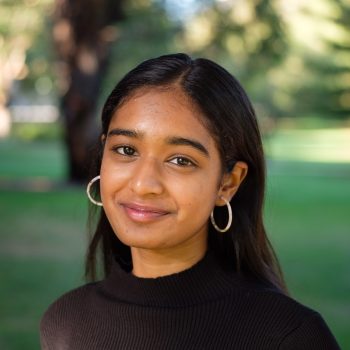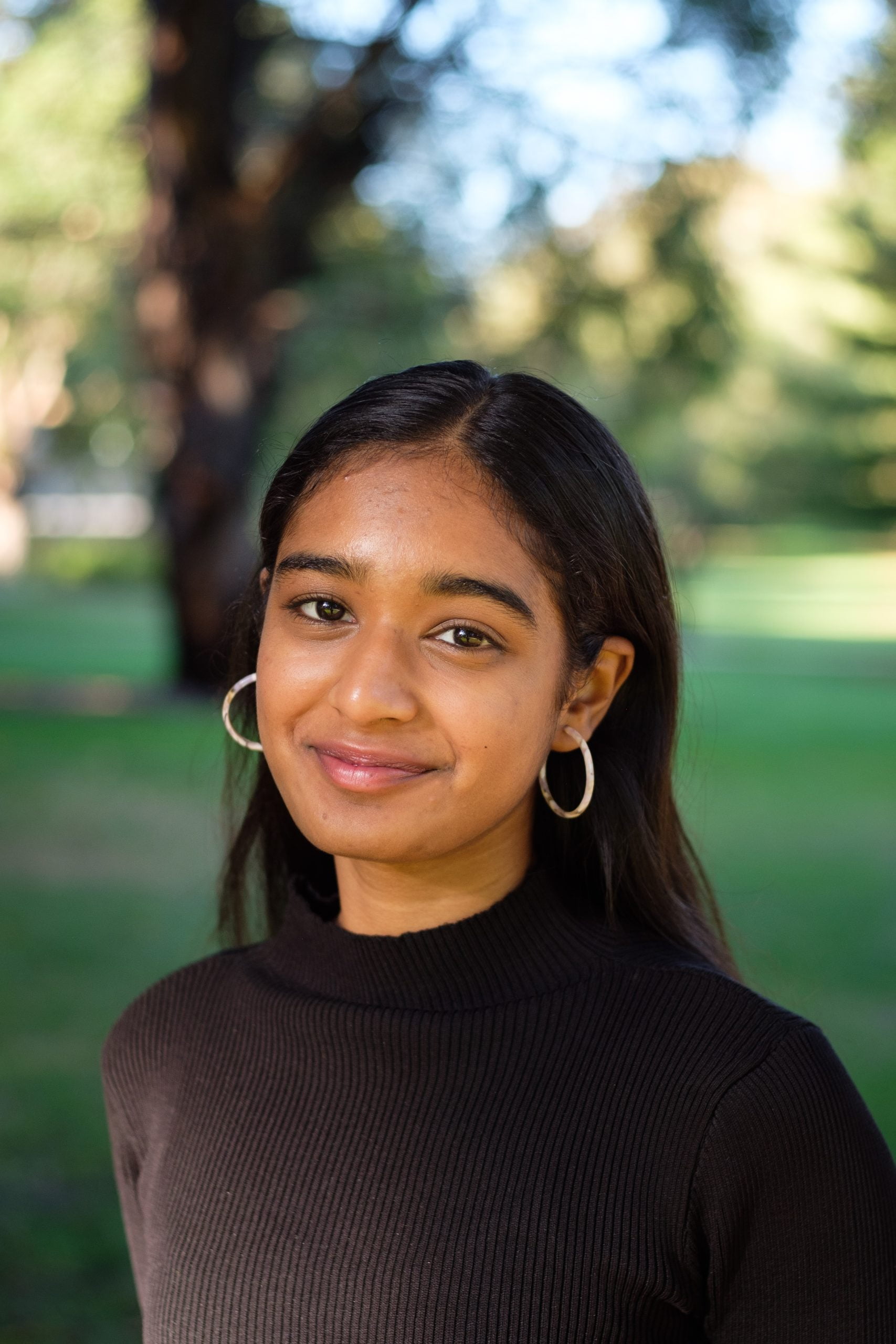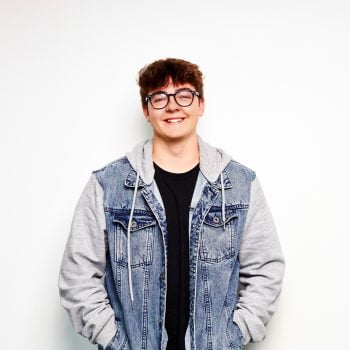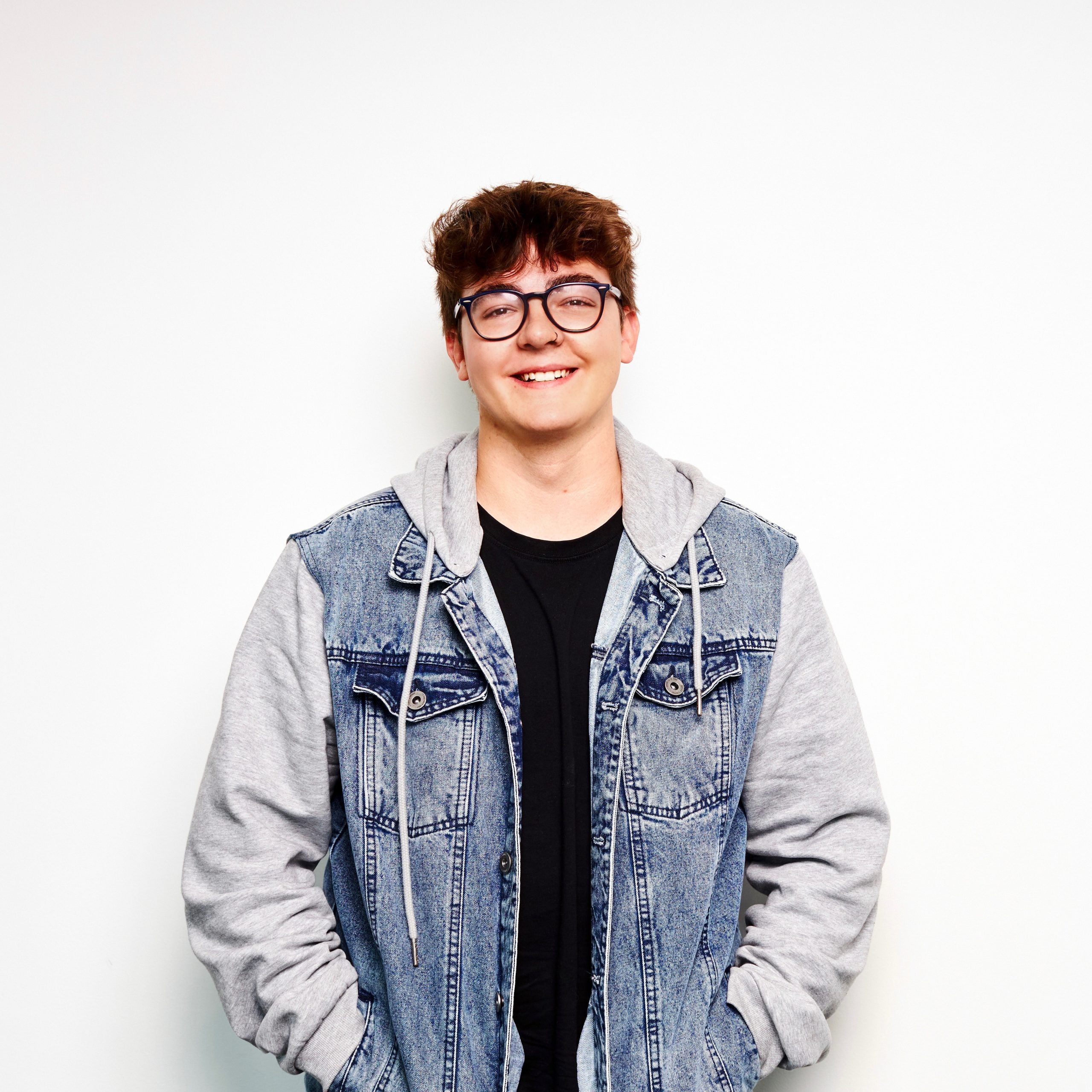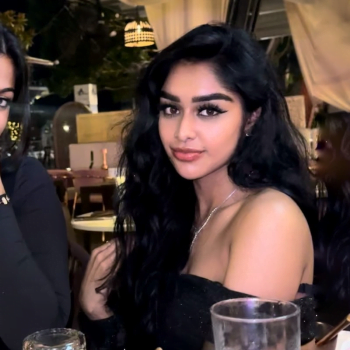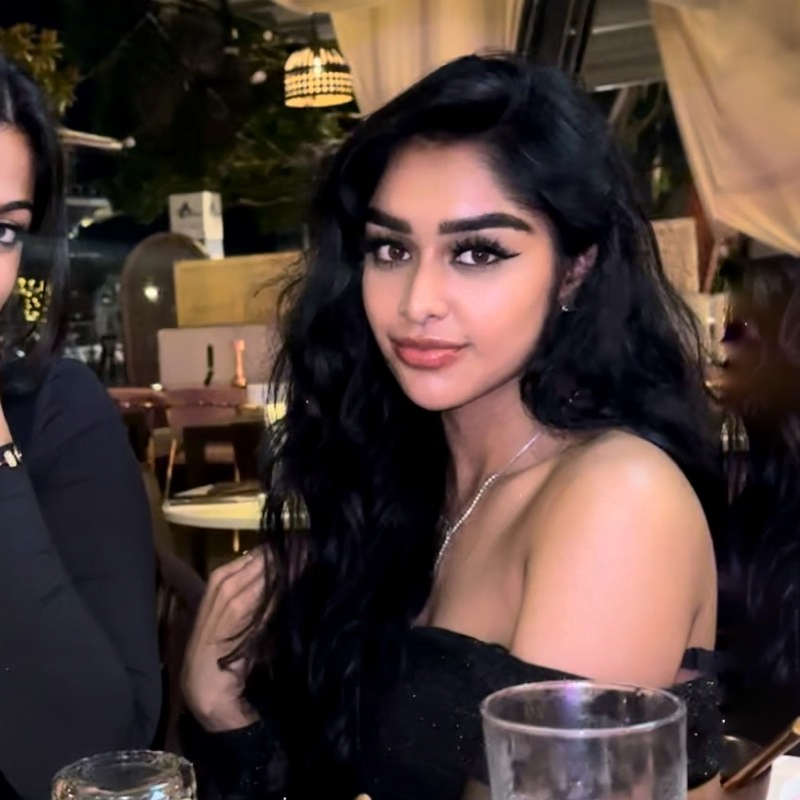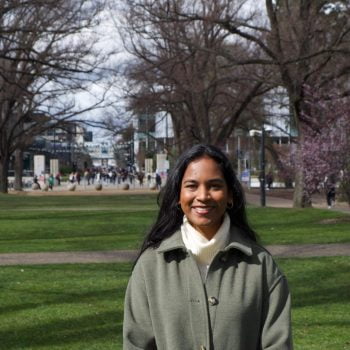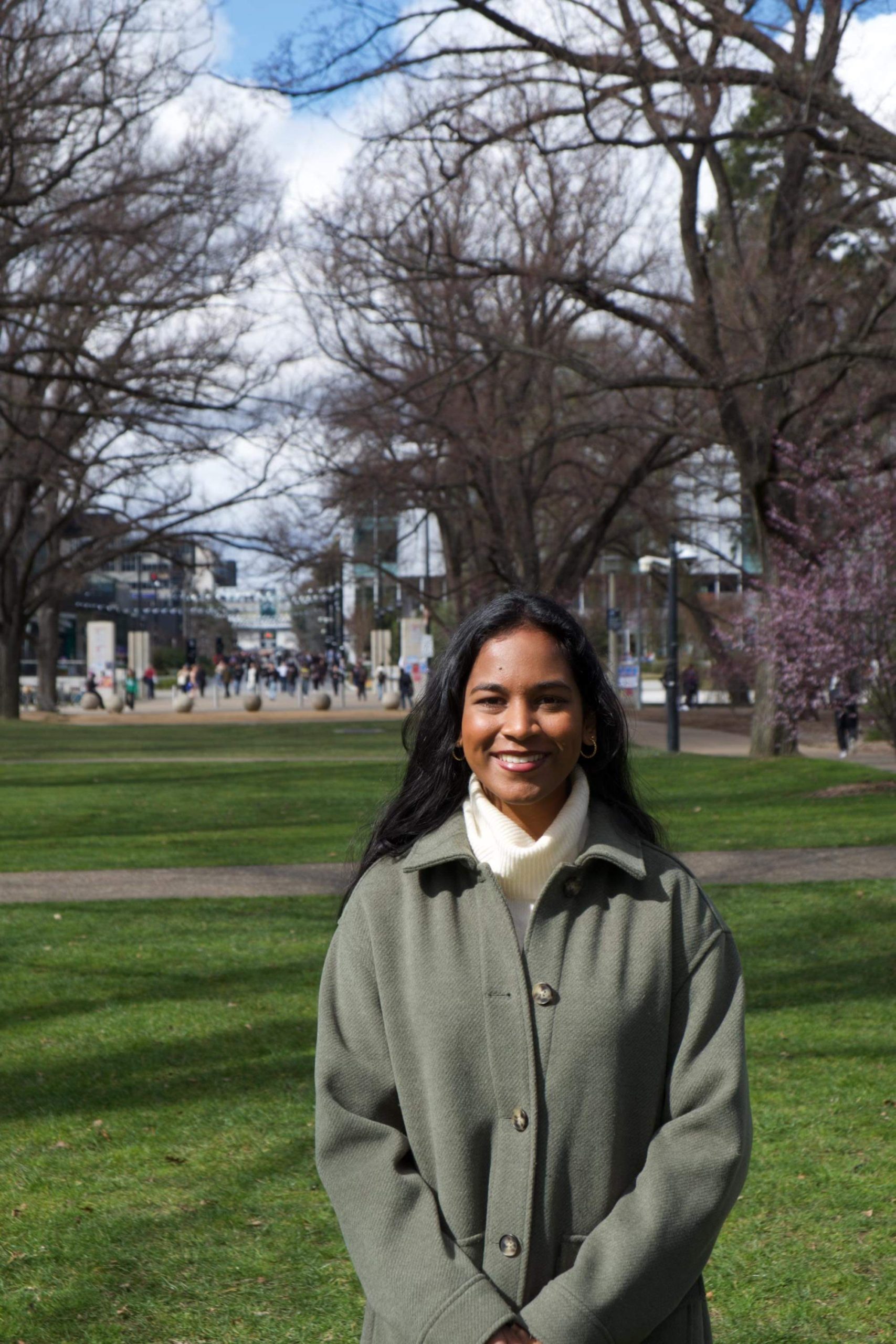Meet our Youth Advisory Group Representatives
How to get involved in our Youth Movement
As a human rights organisation, Amnesty International Australia is putting young people at the centre of our organisation and everything we do. This creates the space for young people to inform campaigns and build long term structures for genuine participation. We want to redefine what it means to be a young activist within the 21st century and seek to build a society and organisation which empowers youth to be at the forefront of our movement.
At the end of the day, young people are the future.
Resources
Check out our latest human rights education resources, listen to YAG's Anytime Amnesty Podcast, or learn how to practice sustainable activism and self care as a young activist!
Learn More
Amnesty Groups
Looking to start an Amnesty Group?
With the support of Amnesty, young people can learn, skill up and take action for human rights as an Amnesty Group. If are interested in starting an Amnesty Club, or perhaps you already have one up & running but want addition guidance and support, find out more here!
Learn More
Listen Now
Season 2 of Anytime, Amnesty is here!
Bringing you the stories, struggles and triumphs in the stand for human rights around the globe, it’s worth a follow!
Learn More
Contact YAG
We'd love to hear from you!
Contact YAG to find out more about what they do and how you can get involved!
Learn More
